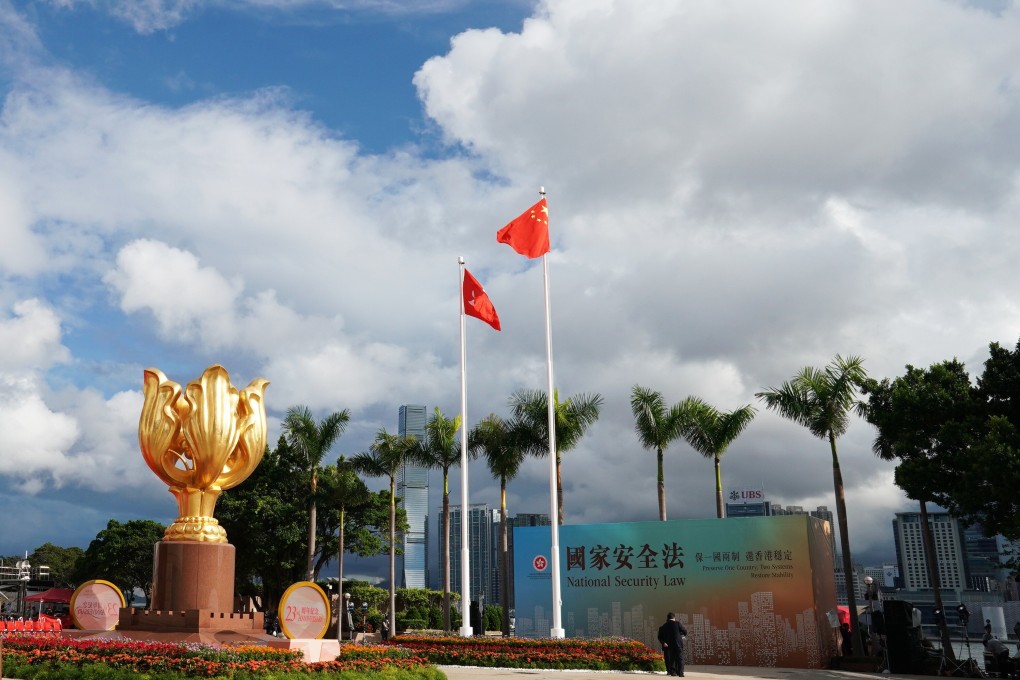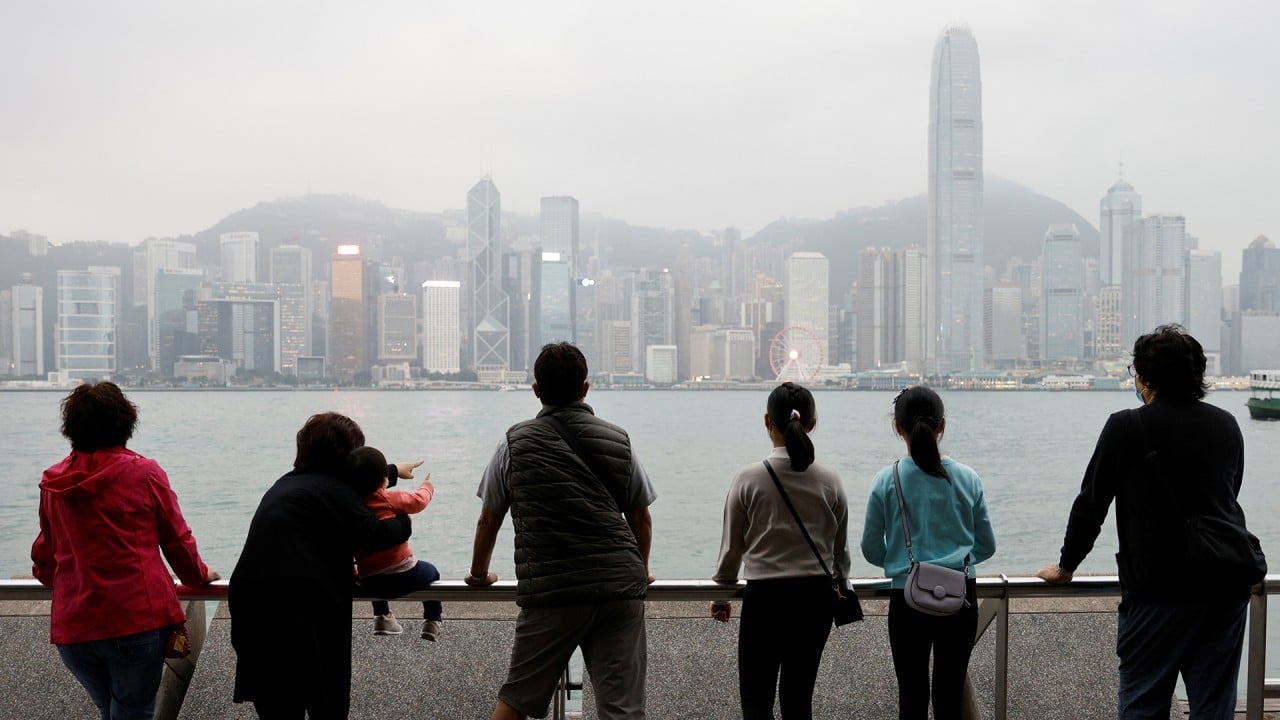Advertisement
Opinion | As Hongkongers leave, will mainland-born elites take a more prominent role in the city’s politics?
- A new party led by mainland-born businessmen has fuelled fears over Hong Kong’s changing political scene. With anxiety over the national security law expected to spark a wave of migration, the political establishment could see a changing of the guard
Reading Time:3 minutes
Why you can trust SCMP
28

The passage of the national security law has put an end to “one country, two systems”. It is now expected that many middle- and upper-class Hongkongers will migrate to other countries after the pandemic dies down. With more people leaving Hong Kong, the political scene will change entirely.
Advertisement
Recently, a new political party, the Bauhinia Party, was founded by a group including so-called “new Hongkongers”, or haigui – mainland Chinese expats who have returned from overseas. The party has said it is seeking 50 more years of “one country, two systems”. It has also set targets of recruiting 250,000 members and taking part in various elections, including the chief executive race.
Meanwhile, some people speculated that the mainland-born former head of the Hong Kong Exchanges and Clearing, Charles Li Xiaojia, could be eyeing a run in the next chief executive election. Li has downplayed the rumours. Nevertheless, they fuelled fears in some quarters that Hong Kong would be taken over by mainland-born politicians.
During British rule, it was said that political and economic power in the city was mainly held by the governor, HSBC, the Jockey Club and British-owned trading houses like Jardines.

04:03
‘Nothing is scarier than staying’: Hong Kong family uproots as fear looms over city’s future
‘Nothing is scarier than staying’: Hong Kong family uproots as fear looms over city’s future
In the run-up to Hong Kong’s return to Chinese sovereignty in 1997, British influence began to wane. British capital gave way to local investors, and local civil servants, such as Anson Chan Fang On-sang and Donald Tsang Yam-kuen, were promoted to head government departments.
Advertisement
In 1997, businessman Tung Chee-hwa took office as the first chief executive of Hong Kong. During his time, he tapped people from prominent local families and appointed them to leadership roles.

Advertisement
